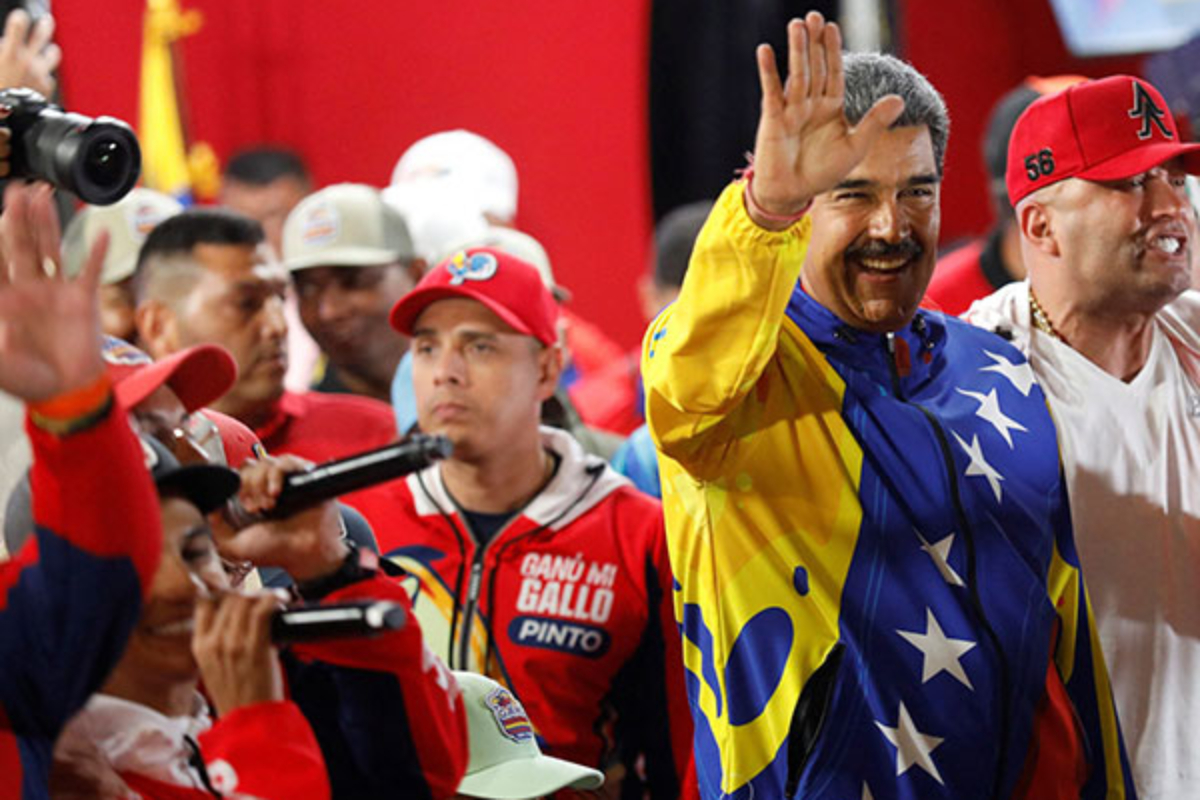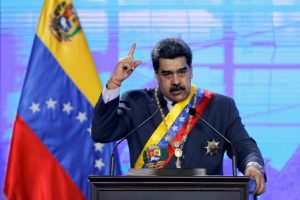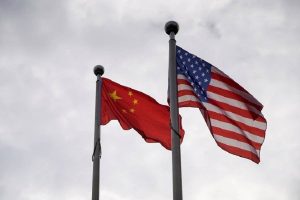Venezuelan President Nicolas Maduro and his political opponent claimed victory in the national elections, a vote that was marred by accusations of fraud and counting irregularities, CNN reported.
With 80 per cent of votes counted, Maduro secured more than 51 per cent of the vote, beating Democratic Unitary Platform (PUD) candidate Edmundo Gonzalez Urrutia, who got over 44 per cent of the vote, according to a statement by the National Electoral Council (CNE).
The United States and multiple global leaders have voiced concerns about the official results, handing the presidential election victory to the strongman leader.
As the votes were being counted on Sunday evening, claims of election irregularities started emerging. The opposition witnesses alleged being denied access to the CNE headquarters during counting, and the CNE allegedly halted data being sent from local polling stations to their central location to prevent more votes from being processed.
The CNE has been criticized by some international bodies for its lack of impartiality, according to CNN.
Opposition leader Maria Corina Machado said in a news conference that their own records showed their candidate Edmundo Gonzalez Urrutia had received 70 per cent of the vote against Maduro’s 30 per cent.
“We won, and everyone knows it,” Machado said, adding that the opposition would “defend the truth.”
“The entire international community knows what happened in Venezuela and how people voted for change,” she said.
Gonzalez, who was also at the news conference, alleged that rules had been violated during the election.
This election was anticipated to be the biggest challenge to Maduro’s 11-year rule. Voters had turned out in droves, with many saying they would leave the country if he won, pointing to violent repression and economic collapse under his rule.
After the results were announced, Maduro described it as a “triumph of peace, stability, republican ideals, and the ideas of equality.”
“They could not overcome the sanctions, they could not overcome the aggressions, the threats, they could not now and will never be able to overcome the dignity of the people of Venezuela,” he said during his public speech, referring to his political opponents.
The results announced by the election authorities were met with mixed emotions in the capital, Caracas, with Maduro supporters cheering and celebrating outside the president’s official residence. Meanwhile, opposition supporters were seen crying and hugging on the streets.
If Maduro takes office, it will be his third consecutive six-year term and the continuation of “Chavismo,” the left-wing populist ideology named after Maduro’s predecessor, Hugo Chavez, as reported by CNN.
Chavez ruled Venezuela for 14 years until his death in 2013. His policies were dominated by nationalisation and the redistribution of the nation’s huge oil wealth to the marginalized and poorest communities, as well as a constant push to protect Venezuelan sovereignty against “imperialist” powers.
But, in the past few years, the oil-rich nation has experienced the world’s worst peacetime economic crash in recent history. Maduro has blamed foreign sanctions against his regime on the downturn, saying Venezuela is the victim of an “economic war.”
Meanwhile, the opposition, which galvanized this election cycle and posed the most significant threat to Maduro’s grip on power in years, had promised to restore Venezuela’s democracy and rebuild the economy if it won.
Maduro has already overseen unprecedented levels of poverty and emigration from the country over his two terms – some 8 million Venezuelans have fled the country amid shortages of vital goods and soaring inflation.
Once the fifth-largest economy in Latin America, Venezuela’s economy has shrunk to the equivalent of a medium-sized city, according to data from the International Monetary Fund. Maduro, however, has blamed the economic meltdown on sanctions imposed by his regime by the US and other Western countries.




